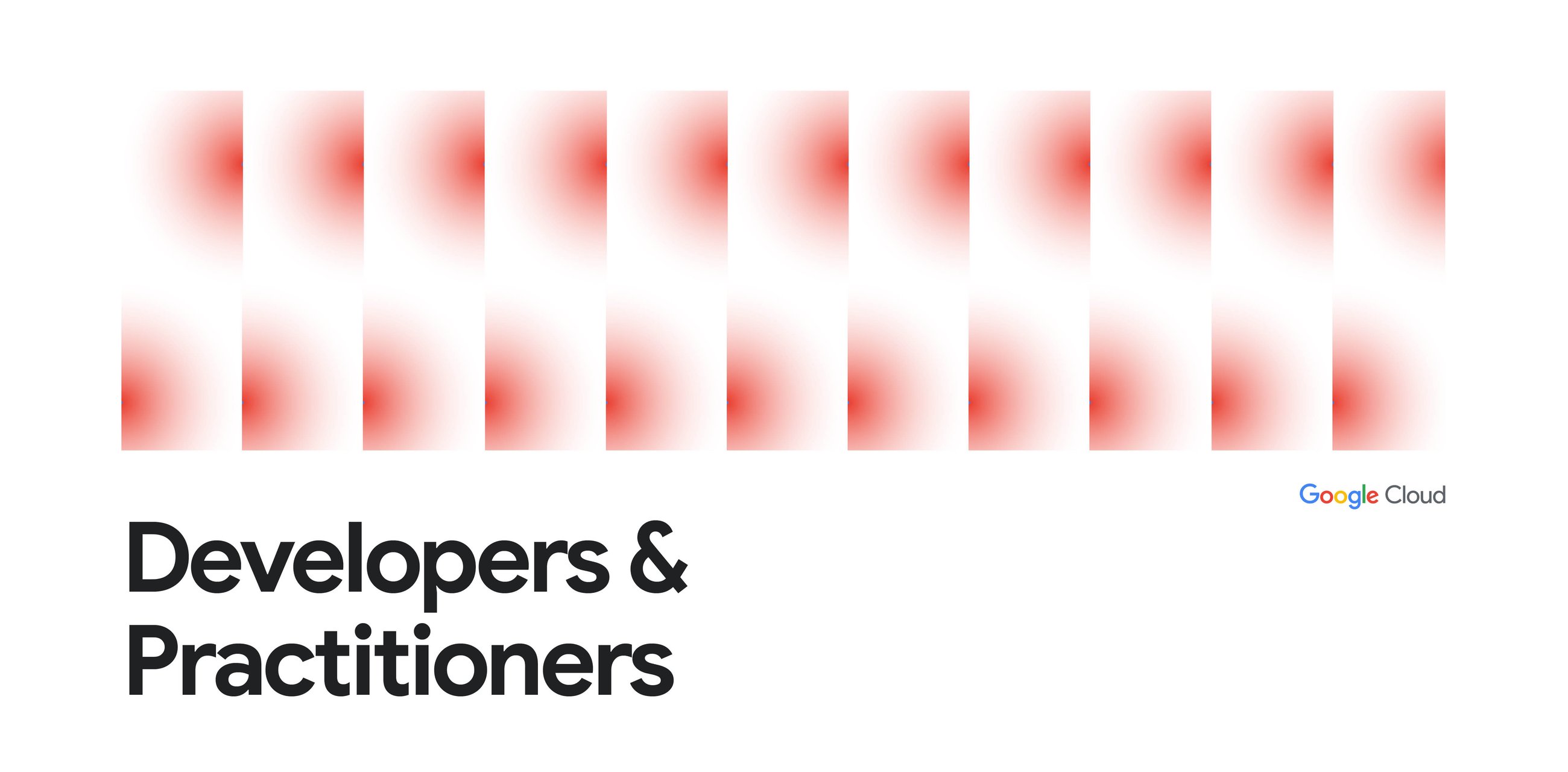AI tools in the development process
84% of respondents are using or planning to use AI tools in their development process, an increase over last year (76%). This year we can see 51% of professional developers use AI tools daily.
Do you currently use AI tools in your development process?
AI tool sentiment
Conversely to usage, positive sentiment for AI tools has decreased in 2025: 70%+ in 2023 and 2024 to just 60% this year. Professionals show a higher overall favorable sentiment (61%) than those learning to code (53%).
How favorable is your stance on using AI tools as part of your development workflow?
Accuracy of AI tools
More developers actively distrust the accuracy of AI tools (46%) than trust it (33%), and only a fraction (3%) report "highly trusting" the output. Experienced developers are the most cautious, with the lowest "highly trust" rate (2.6%) and the highest "highly distrust" rate (20%), indicating a widespread need for human verification for those in roles with accountability.
How much do you trust the accuracy of the output from AI tools as part of your development workflow?
AI tools' ability to handle complex tasks
In 2024, 35% of professional developers already believed that AI tools struggled with complex tasks. This year, that number has dropped to 29% among professional developers and is consistent amongst experience levels. Complex tasks carry too much risk to spend extra time proving out the efficacy of AI tools.
How well do the AI tools you use in your development workflow handle complex tasks?
AI in the development workflow
Developers show the most resistance to using AI for high-responsibility, systemic tasks like Deployment and monitoring (76% don't plan to) and Project planning (69% don't plan to).
Which parts of your development workflow are you currently integrating into AI or using AI tools to accomplish or plan to use AI to accomplish over the next 3 - 5 years? Please select one for each scenario.
AI workflow and tool satisfaction
Respondents who said they are currently using mostly AI tools to complete tasks in the development workflow are highly satisfied with and frequently using AI to search for answers or learn new concepts; respondents plan to mostly use AI in the future for documentation and testing tasks and are slightly less satisfied with the tools they are using now.
How favorable is your stance on using AI tools as part of your development workflow and which parts of your development workflow are you currently integrating into AI or using AI tools to accomplish or plan to use AI to accomplish over the next 3 - 5 years? Please select one for each scenario.
AI tool frustrations
The biggest single frustration, cited by 66% of developers, is dealing with "AI solutions that are almost right, but not quite," which often leads to the second-biggest frustration: "Debugging AI-generated code is more time-consuming" (45%)
When using AI tools, which of the following problems or frustrations have you encountered? Select all that apply.
AI and humans in the future
In a future with advanced AI, the #1 reason developers would still ask a person for help is "When I don’t trust AI’s answers" (75%). This positions human developers as the ultimate arbiters of quality and correctness.
In the future, if AI can do most coding tasks, in which situations would you still want to ask another person for help? Select all that apply.
Vibe coding
Most respondents are not vibe coding (72%), and an additional 5% are emphatic it not being part of their development workflow.
In your own words, is "vibe coding" part of your professional development work? For this question, we define vibe coding according to the Wikipedia definition, the process of generating software from LLM prompts.
AI agents
AI agents are not yet mainstream. A majority of developers (52%) either don't use agents or stick to simpler AI tools, and a significant portion (38%) have no plans to adopt them.
Are you using AI agents in your work (development or otherwise)? AI agents refer to autonomous software entities that can operate with minimal to no direct human intervention using artificial intelligence techniques.
AI agents affect on work productivity
52% of developers agree that AI tools and/or AI agents have had a positive effect on their productivity.
Have AI tools or AI agents changed how you complete development work in the past year?
AI agent uses at work
If you happen to be using AI agents at work and you are a software developer, chances are high that you are using agents for software development (84%).
What industry purposes or specific tasks are you using AI agents in your development work? Select all that apply from both lists.
AI agent uses for general purposes
TL;DR: Agents used outside of work are mostly used for language processing tasks (49%).
What industry purposes or specific tasks are you using AI agents in your development work? Select all that apply from both lists.
Impacts of AI agents
The most recognized impacts are personal efficiency gains, and not team-wide impact. Approximately 70% of agent users agree that agents have reduced the time spent on specific development tasks, and 69% agree they have increased productivity. Only 17% of users agree that agents have improved collaboration within their team, making it the lowest-rated impact by a wide margin.
To what extent do you agree with the following statements regarding the impact of AI agents on your work as a developer?
Challenges with AI agents
Is it a learning curve, or is the tech not there yet? 87% of all respondents agree they are concerned about the accuracy, and 81% agree they have concerns about the security and privacy of data.
To what extent do you agree with the following statements regarding AI agents?
AI Agent data storage tools
When it comes to data management for agents, traditional, developer-friendly tools like Redis (43%) are being repurposed for AI, alongside emerging vector-native databases like ChromaDB (20%) and pgvector (18%).
You indicated you use or develop AI agents as part of your development work. Have you used any of the following tools for AI agent memory or data management in the past year?
AI Agent orchestration tools
The agent orchestration space is currently led by open-source tools. Among developers building agents, Ollama (51%) and LangChain (33%) are the most-used frameworks.
You indicated you use or develop AI agents as part of your development work. Have you used any of the following tools for AI agent orchestration or agent frameworks in the past year?
AI Agent observability and security
Developers are primarily adapting their existing, traditional monitoring tools for this new task, rather than adopting new, AI-native solutions. The most used tools for AI agent observability are staples of the DevOps and application monitoring world: Grafana + Prometheus are used by 43% of agent developers, and Sentry is used by 32%.
You indicated you use or develop AI agents as part of your development work. Have you used any of the following tools for AI agent observability, monitoring or security in the past year?
AI Agent out-of-the-box tools
ChatGPT (82%) and GitHub Copilot (68%) are the clear market leaders, serving as the primary entry point for most developers using out-of-the-box AI assistance.
You indicated you use or develop AI agents as part of your development work. Have you used any of the following out-of-the-box agents, copilots or assistants?
.png)




